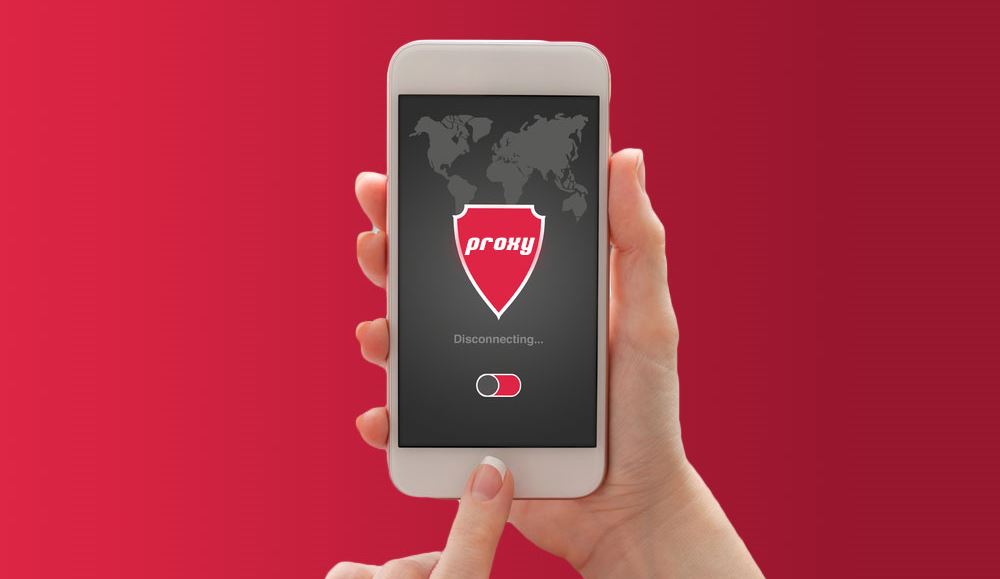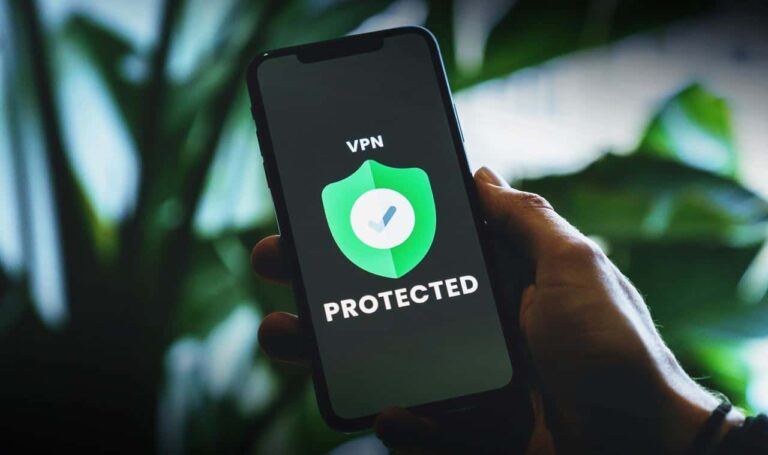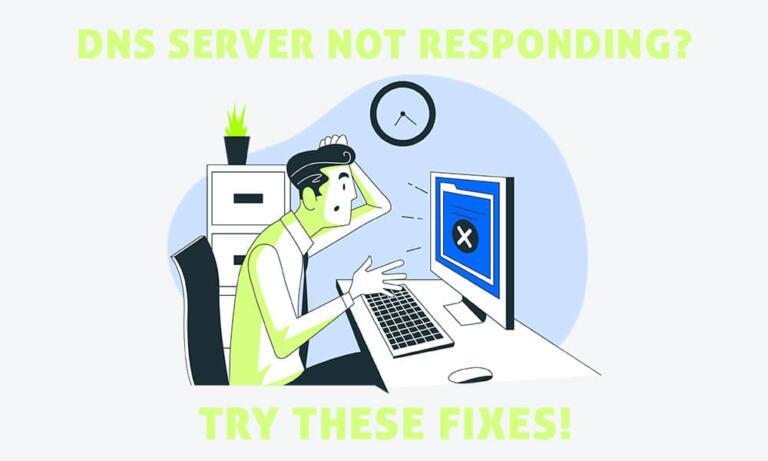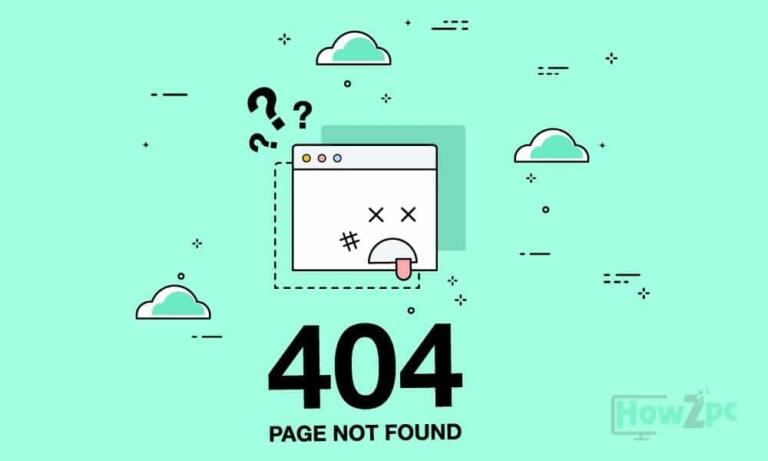Mobile proxies are intermediary servers that route internet traffic through a different IP address, often from a mobile device. They are used for a variety of purposes, such as protecting user privacy, bypassing geographic restrictions, and accessing content that may be blocked in a particular location.
There are several types of mobile proxies, including residential mobile proxies, which are routed through a genuine mobile device, and data center mobile proxies, which are routed through a simulated mobile device.
To Set up a Mobile Proxy, You Will Need to Follow These Steps:
- Choose a mobile proxy provider: Several companies offer mobile proxy services. Research and compare different providers to find one that meets your needs and budget.
- Purchase a mobile proxy plan: Once you have chosen a provider, you will need to purchase a mobile proxy plan. This will typically involve selecting the type of mobile proxy you want (e.g., residential or data center), the number of proxies you need, and the duration of the plan.
- Configure your device or software: Depending on how you plan to use the mobile proxy, you may need to configure your device or software to route internet traffic through the proxy. This may involve entering the proxy server’s IP address and port number into your device’s or software’s settings.
- Test the mobile proxy: Once you have configured your device or software to use the mobile proxy, test the connection to ensure that it is working properly. You can do this by visiting a website that displays your IP address and verifying that it matches the IP address of the mobile proxy.
Mobile Proxies Can Be Useful for a Variety of Purposes, Such As:
- Protecting user privacy: By routing internet traffic through a different IP address, a youtube proxy site can help protect your privacy online. This can be particularly useful if you are concerned about being tracked by websites or online advertisers.
- Bypassing geographic restrictions: Mobile proxies can be used to access content that may be blocked in a particular location. For example, if you are traveling abroad and want to access a streaming service that is only available in your home country, you can use a mobile proxy to route your internet traffic through a server in that country.
- Accessing blocked content: In some cases, mobile proxies can be used to bypass content filters and access websites or online services that may be blocked in a particular location. This can be useful for accessing social media or other online platforms that may be restricted in certain countries.
- Scraping data: Mobile proxies can be used to scrape data from websites without being detected as a bot. This can be useful for market research or other data-gathering purposes.
Here Are Some Advantages and Disadvantages of Using Mobile Proxies:
Advantages:
- Greater anonymity: Mobile proxies can provide a greater level of anonymity compared to other types of proxies because they are associated with a specific device rather than a specific location.
- More accurate location: Mobile proxies can provide a more accurate location compared to other types of proxies because they are associated with a specific device that is physically located in a specific location.
- Access to mobile-only content: Mobile proxies can allow you to access content that is only available on mobile devices, such as mobile apps or mobile websites.
Disadvantages:
- Limited availability: Mobile proxies may not be available in all locations or for all carriers, which can limit their usefulness.
- Higher cost: Mobile proxies may be more expensive than other types of proxies because they require the use of a mobile device and data plan.
- Slower speeds: Mobile proxies may have slower speeds compared to other types of proxies because they rely on a mobile data connection, which can be slower than a broadband connection.
- Limited bandwidth: Mobile proxies may have limited bandwidth compared to other types of proxies because they rely on a mobile data plan, which often has limits on data usage.
Overall, mobile proxies can be a useful tool for accessing mobile-specific content or for providing a greater level of anonymity, but they may have some limitations in terms of availability, cost, speed, and bandwidth.
Conclusion
In conclusion, mobile proxies are a type of proxy that uses a mobile IP address and is associated with a specific mobile device. They can be used to access the internet from a mobile device and can provide a greater level of anonymity, more accurate location, and access to mobile-only content. However, mobile proxies may have limited availability, may be more expensive, may have slower speeds, and may have limited bandwidth compared to other types of proxies. Setting up a mobile proxy requires obtaining a mobile device and data plan and configuring the proxy settings on the device. Mobile proxies can be useful tools for certain purposes, but it is important to consider the potential limitations and costs before using them.








